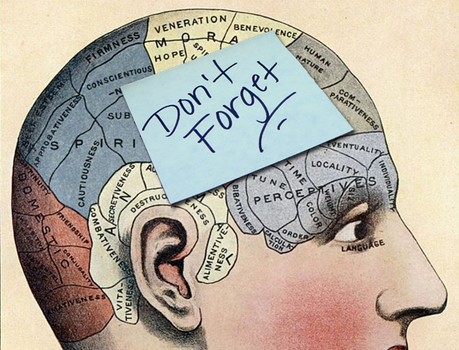New Study: Reversal of Memory Loss for Alzheimer’s Patients

According to the Alzheimer’s Foundation of America, Alzheimer’s disease is a progressive, degenerative disorder that attacks the brain’s nerve cells (neurons), which results in loss of memory, thinking and language skills, and behavioral changes. Affecting more than a million Americans, this debilitating disease has scientists and researchers in over-drive to find a cure. But a new study, performed by a professor (Dr. Dale Bredesen) at the Buck Institute for Research on Aging and a professor at the Easton Laboratories for Neurodegenerative Disease Research at UCLA, shows exciting and hopeful results for Alzheimer’s patients, specifically regarding the reversal of memory loss.
The Study

Published in the journal Aging, Dr. Bredesen and researchers studied 10 patients experiencing age-related memory decline after a brain scan showed improvements after using MEND, Metabolic Enhancement for Neurodegeneration. MEND is a 36-point regimen of a combination of diet, exercise, brain stimulation, sleep improvements, medication, vitamins and other protocols patients must follow for five to 24 months.
The Results
In short, under the MEND protocol, participants who had to discontinue work were able to return to work, and those struggling at work were able to improve their performance.

For example, one 66-year old patient reported he experienced what he called “senior moments” for two years, like forgetting where he placed his keys and forgetting scheduled appointments. An MRI showed a hippocampal volume (the area of the brain that controls learning and memory, but shrinks in Alzheimer’s patients) at only the 17th percentile for his age. This participant began the MEND protocol and, the study reports, lost 18 pounds, and after three months reported that his memory improved, work came easier, and 10 months later his hippocampal volume increased to the 75th percentile. However, after five months and a discontinuation of the MEND protocol, the participant’s wife reported that she came home to “find his car in the driveway, idling with the keys still in the ignition, while he was inside” and unaware his car was left running outside. After he re-initiated the program, the report says he no longer experienced “forgetful” episodes.
The MEND program could be very difficult to follow as it calls for a full lifestyle change for Alzheimer’s patients– nutrition, exercise, sleep, and stress reduction are all major components of the program. Dr. Bredensen said health coaches will be provided to the patients to help simply the program. Dr. Bredensen also reported. “The MEND protocol was suitable for patients in the early stages of Alzheimer’s”, as one participant in a 2014 study who was diagnosed with late-stage Alzheimer’s showed improvement when following the protocol.
Researchers agree that more research is necessary but are excited that this small case study “provides a nice point to start a discussion.”
Source: http://www.impactaging.com/papers/v8/n6/pdf/100981.pdf
